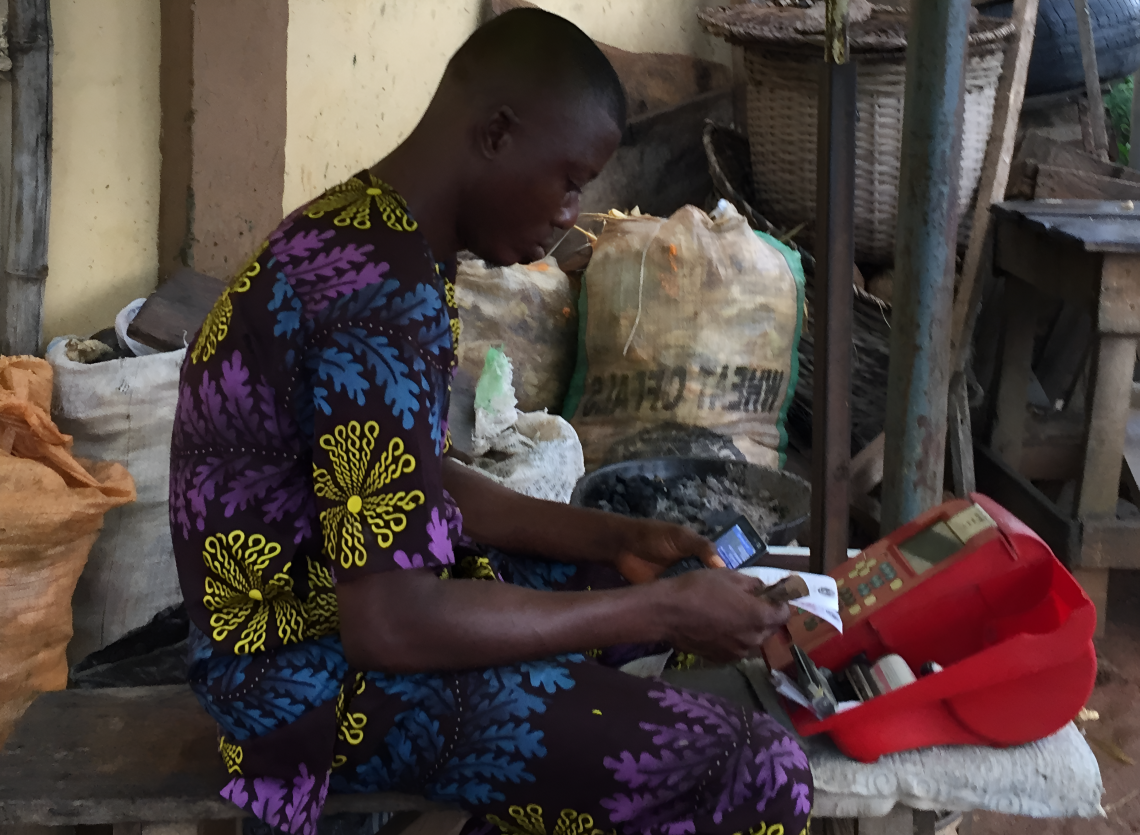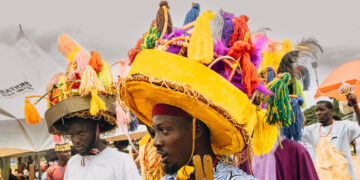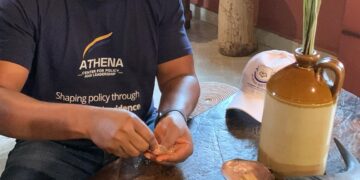Baba Ijebu: A Nigerian Game of Hope, Chance, and Hidden Risks
It’s a sweltering Tuesday afternoon in Lagos, and Adekunle is perched on his favorite wooden bench by the roadside. The neighborhood buzzes with hawkers, bike engines, and the chatter of friends debating yesterday’s Premier League match. But Adekunle isn’t paying attention; he’s hunched over a small slip of paper, carefully selecting numbers that he believes will change his fortune. “Today na my day,” he mutters with a hopeful smile. Adekunle is playing Baba Ijebu, a lottery game deeply woven into Nigeria’s cultural and economic fabric.
How Baba Ijebu Works
“Baba Ijebu” is essentially a numbers game. Players predict a set of numbers, hoping they align with the winning numbers drawn. If they hit the jackpot, they could win millions of naira. For many, it’s a glimmer of hope, a chance to leap from financial struggles to riches.
The game’s accessibility—requiring as little as ₦100 to participate—coupled with its daily results make it an addictive pastime.
The Dangers of Gambling: The Other Side of Baba Ijebu
While Baba Ijebu promises financial breakthroughs, it also carries significant risks that are often overlooked. Gambling, by its very nature, thrives on slim odds, and more players lose than win. Yet, the thrill of potentially winning big keeps people trapped in a cycle of spending money they can’t afford to lose.
For Adekunle and millions of others, this can spiral into financial trouble. What starts as a harmless ₦100 gamble can escalate into a habit that consumes their savings, leaving them deeper in poverty. Families have been torn apart by gambling debts, and individuals have been known to make desperate decisions, believing their next ticket might change their fortune.
Psychologically, gambling feeds on irrational optimism, encouraging people to ignore the odds. It’s not uncommon to hear players say, “Just one win, and I’ll stop.” But for many, that win never comes, and the losses pile up instead.
Why It’s Popular—and Why It’s Dangerous
The economic realities in Nigeria make gambling especially appealing. With unemployment, inflation, and limited access to capital, games like Baba Ijebu offer a seductive “get-rich-quick” solution. Yet, this promise of financial freedom is often a mirage.
Addiction to gambling can erode self-control, leading to a cycle of despair. The social consequences are equally dire: strained relationships, loss of trust, and even mental health challenges like anxiety and depression.
The Bigger Picture
At its core, Baba Ijebu reflects a society grappling with poverty and limited opportunities. While it keeps hope alive for some, the cost of that hope can be devastating.
For Adekunle, the question isn’t just whether he’ll win today. It’s whether he can afford to lose again. Baba Ijebu, like all gambling, is a double-edged sword—one that offers dreams while quietly taking more than it gives.
So, next time you see someone picking their numbers, remember: Baba Ijebu is not just about luck. It’s a high-stakes gamble where the house almost always wins.







